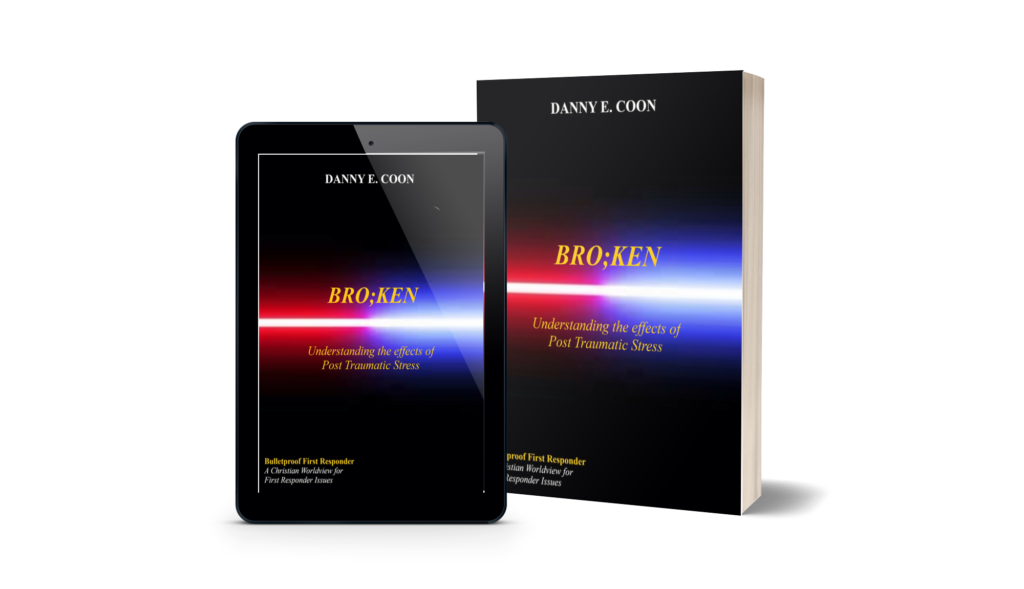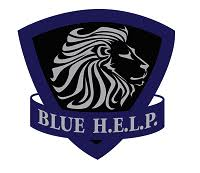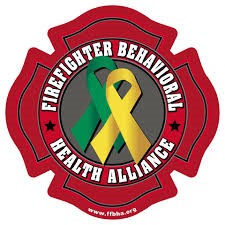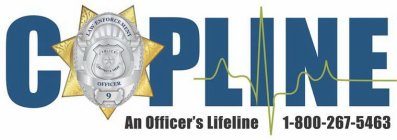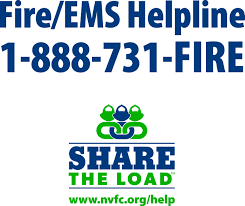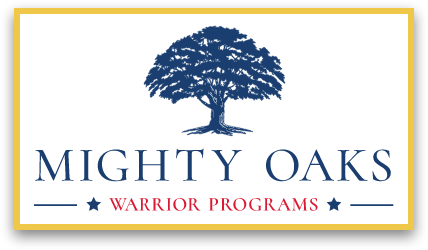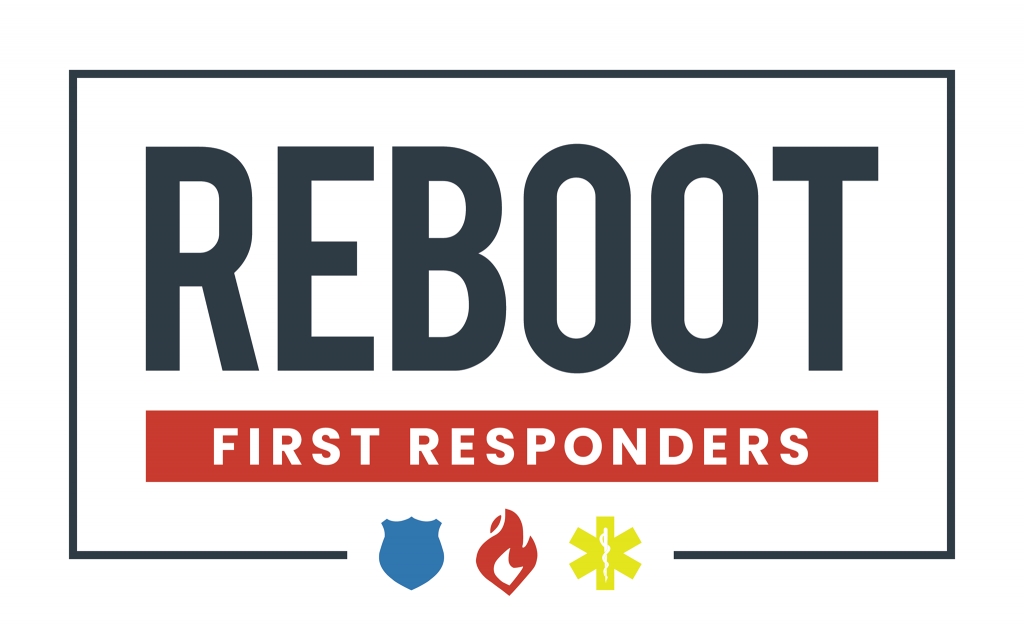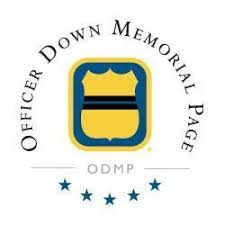Moral Injury
What is it – How it Effects You
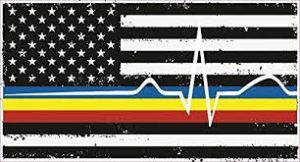 Like psychological trauma, Moral Injury is a construct that describes extreme and unprecedented life experiences, including the harmful aftermath of exposure to such events. Events are considered morally injurious if they “transgress deeply held moral beliefs and expectations”[1] It is the damage done to your conscience, your SOUL when circumstances violate your core moral values or your ethical code of conduct. By its nature, Moral Injury does not immediately occur. In many cases, it surfaces days after an incident, and in some, it could be in years.
Like psychological trauma, Moral Injury is a construct that describes extreme and unprecedented life experiences, including the harmful aftermath of exposure to such events. Events are considered morally injurious if they “transgress deeply held moral beliefs and expectations”[1] It is the damage done to your conscience, your SOUL when circumstances violate your core moral values or your ethical code of conduct. By its nature, Moral Injury does not immediately occur. In many cases, it surfaces days after an incident, and in some, it could be in years.
12Dear friends, do not be surprised at the fiery ordeal that has come on you to test you, as though something strange were happening to you. 13 But rejoice inasmuch as you participate in the sufferings of Christ, so that you may be overjoyed when his glory is revealed. 14 If you are insulted because of the name of Christ, you are blessed, for the Spirit of glory and of God rests on you.
1 Peter 4:12-14 NIV
While Moral Injury has most likely been around since the beginning of civilization, the modern-day concept derived from inner actions with Vietnam era Veterans. Not being classified as a mental disorder, Moral Injury is a significant mental health issue that has long-lasting emotional, psychological, behavioral, social, and spiritual matters. It rattles the trust within a person’s moral and ethical values, their core beliefs, and their expectations. It is an internal conflict within one’s soul where actions are not in harmony with one’s moral values, standard beliefs, or conscience.
Research has found that greater exposure to morally injurious events correlated significantly with guilt, frustration, depression, self-harm, shame, loss of spirituality/religiosity, or a sense of rejection. Studies also identified a moderate to strong association between moral injury and negative psychological outcomes.[2]
Since the beginning of time, humans have been doing the most horrific criminal things to one another. For 244 years, our American Military Warriors have been fighting for our freedom against political and religious ideologies. For around 181 years, our Law Enforcement Officers have been in a battle with evil, while our Firefighters and Medics have been left to handle the carnage.
People become Firefighters, Medics, and Peace Officers because they genuinely want to help others. They want to make a difference in people’s lives. Naturally, First Responders like to be in control of things. However, they see things daily that are out of their control. These are very rewarding occupations that promote and ensures the safety, health, and protection of others in the communities they serve.
Our First Responders must work and make decisions that are within the policy and procedures of the agency they work for. Sometimes these decisions may conflict with their moral beliefs. They respond to scenes where they see the worst of humanity. First Responders experience violent crimes, sex crimes on children, and seeing people who have been injured or traumatized as a result of an accident or catastrophic event.
Because of the emotional awareness of shame, guilt, brokenness, and isolation, Moral Injury threatens to devour you and your SOUL. It ruins relationships; it is a gateway to alcohol and drug abuse and can cause a person to seek risky, thrill-seeking activities to gain the attention of others. Because of the damage done to your moral compass, your SOUL, Moral Injury gives you a sense that there is no way out leading to suicide.
Moral Injury and Post-Traumatic Stress injury
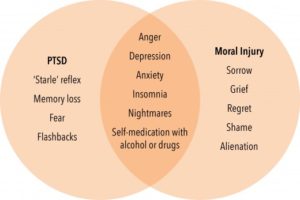
photo courtesy of https://youmemindbody.com
While Moral Injury and PTSi can coexist, each has unique elements that make them different from each other, with some symptoms over-lapping. According to the Veterans Administration, PTSi is “a mental disorder that requires a diagnosis,” while Moral Injury is considered “a dimensional problem” with no definable threshold for its presence.[3]
Some in the psychology field classify Moral Injury as a precursor or symptom of PTSi.[4] Well known for his research with Vietnam Veterans, Dr. Jonathan Shay contended that Moral Injury is prevalent in a number of PTSD clustered-symptoms, specifically: the nature of triggering an event, re-experiencing, and avoidance or numbing.[5]
Betrayal: The Hidden Cause of Moral Injury in First Responders
One of the attractions in becoming a First Responder is the ability to belong to something; for many, it is that First Responder family. The pride felt just by knowing their partners have their backs gives them a sense of honor. Unfortunately, this comforting feeling can dissolve quickly if one or more of their partners turn on them. This betrayal can be devastating to the Responder.
12If an enemy were insulting me, I could endure it;
if a foe were rising against me, I could hide.
13 But it is you, a man like myself, my companion, my close friend,
Psalm 55:12-13 NIV
There are several ways to be betrayed. Often it comes from the Administration, from the bosses who have their agendas and seem out of touch with the ones doing the job. Organizational betrayal is like administrative betrayal but more bureaucratic. The community betrays the First Responder when they turn against an individual responder or the entire agency. Having the community turn against the responder is very demoralizing, causing them to reconsider their mission.
Most Responders experience personal betrayal during their careers. Where the responder’s partners betray or let them down.
Cleansing as the Solution to Moral Injury Healing
The blood of Jesus Christ, our Savior, is what cleanses our conscience, is what cleanses our sins, is what cleanses us from immorality and Moral Injury. It’s a spiritual solution. The only true way to eradicate Moral Injury is through the restoration of all things, the restoration of the law of God! It’s the removal of sin and the installation of a new way of doing things. It’s a spiritual solution. It’s a return to holiness.[6]
The Bible tells us;
19Therefore, brothers and sisters, since we have confidence to enter the Most Holy Place by the blood of Jesus, 20by a new and living way opened for us through the curtain, that is, his body, 21and since we have a great priest over the house of God, 22let us draw near to God with a sincere heart and with the full assurance that faith brings, having our hearts sprinkled to cleanse us from a guilty conscience and having our bodies washed with pure water.
Hebrews 10:19-22 NIV
IF YOU HAVE THOUGHTS OF SUICIDE GET HELP NOW
Law Enforcement Copline (800) 267-5463
Firefighters / Medics Fire/EMS HELPLINE (800) 731 3473
”We can be tired, weary and emotionally distraught, but after spending time alone with God, we find that He injects into our bodies energy, power and strength.”
Charles Stanley Th.D
Footnotes
- Litz, B.T., Stein, N., Delaney, E., Lebowitz, L., Nash, W.P., Silva, C., & Maguen, S. (2009). Moral injury and moral repair in war Veterans: A preliminary model and intervention strategy. Clinical Psychology Review, 29, 695-706. ↑
- Konstantinos Papazoglou Ph.D, “Moral Injury in Police Work, Law Enforcement Bulletin, https://leb.fbi.gov/articles/featured-articles/moral-injury-in-police-work, accessed 110/15/2019 ↑
- “Moral Injury,” DAV (website), https://www.dav.org/veterans/resources/moral-injury, accessed 11/13/2019, ↑
- Nash W. P., Litz B. T. (2013). Moral Injury: a mechanism for war-related psychological trauma in military family members. Clin. Child Fam. Psychol. Rev. 16, 365–375. 10.1007/s10567-013-0146-y ↑
- Shay J. (2014). Moral Injury. Psychoanal. Psychol. 31, 182–191. 10.1037/a0036090 ↑
- Peter Eddington, “Fixing Moral Injury,” United Church of God, https://www.ucg.org/members/united-news/fixing-moral-injury, accessed 11/19/2019 ↑

